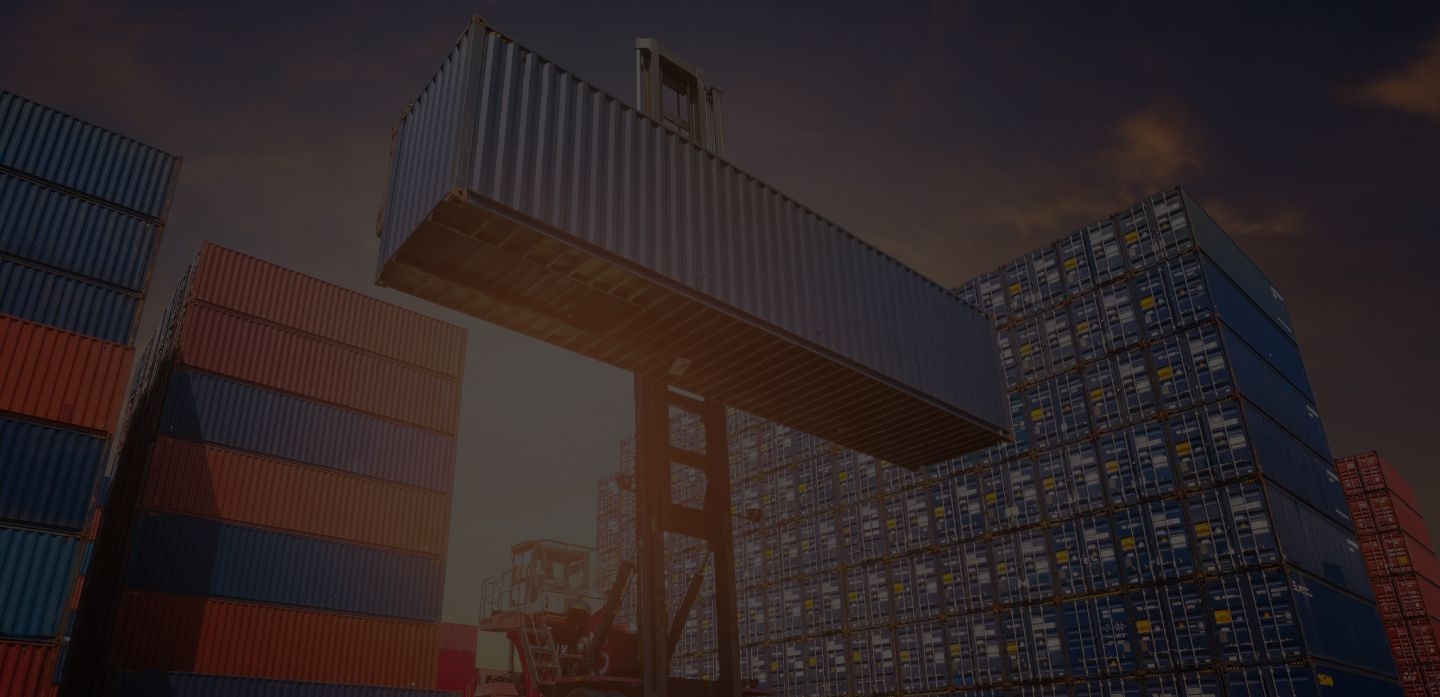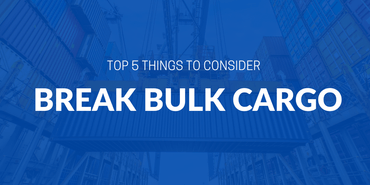
What Is Anti Dumping?



![]()
Typically, dumping is a situation of international price discrimination. This is usually when the price of a product sold in the importing country is lower than the price of the goods in the market of the exporting one.
So, in the simplest of cases, dumping means comparing prices in two markets. But, the circumstances are rarely ever that straightforward.
Usually, various analytical steps must be taken to decide the appropriate price in the market of the exporting country. This is the ‘normal value.’ This is so the ‘export price’ in the importing country is more appropriate and so that local companies aren’t hurt by competition from cheaper foreign imports.
So, if you’re wondering ‘what is anti dumping?’, then that’s how the term comes about.
What Is Anti Dumping Duty?
In the United States, an independent government agency called the International Trade Commission (ITC) enforces anti dumping duties. These are based on examinations and recommendations from the Department of Commerce. Duties often surpass 100% of the value of the products.
Anti dumping duties are often imposed when a foreign brand is selling a product significantly below the price at which it’s being created. Part of the rationality behind anti dumping duties is to save domestic jobs. They’re also often used to give higher prices for domestic customers and to lessen the international competition of local companies selling similar items.
To promote and protect local businesses and markets, many companies enforce anti dumping laws and duties on products they believe are being dumped in their market.
So, if you’ve been wondering ‘what are anti dumping measures?’, now you know.
What Is the WTO’s Role in Anti Dumping Duty?
The World Trade Organization (WTO) plays a crucial part in the regulation of anti dumping measures.
As an international organization, the WTO doesn’t regulate brands blamed for dumping activities. But, it does have the power to regulate how governments deal with dumping activities in their countries.
Some governments react aggressively to foreign companies dumping in their territories. They do this by pushing punitive anti dumping duties on foreign products. In such cases, the WTO may check to decide whether such actions are genuine ad justified, or whether they go against the WTO free-market principle.
According to the WTO anti dumping agreement, dumping is legal unless it causes material injury in the importing country’s domestic market. The WTO also bans dumping when the activity results in material retardation in the domestic market.
Where such as dumping occurs, the WTO allows the government of the influenced country to take legal action against the dumping country. But, there must be proof of genuine material injury to trades in the domestic market.
The government must prove that the dumping took place, the extent of the dumping expenses, and the injury or threat to the domestic market.
What Is Countervailing Duty?
Anti dumping and countervailing duties overlap with one another.
Countervailing duties (CVDs) are charges placed on imported goods to offset subsidies made to producers of these products in the exporting country. CVDs work to level the playing field between domestic producers of goods and foreign brands of a similar product who can afford to sell it more cheaply.
CVDs help offset any negative domestic impacts that producers of the same product may have due to foreign opposition, who in this case, would have a subsidy to export the same item.
What Are Some Examples of Dumping Cases in the US?
Recently there has been an increase in dumping cases in the US that have been affected by US anti dumping laws initiated by American businesses.
Local businesses in the US rely on anti dumping measures to curb unfair competition from cheaper imports. As such, the ITC enforces anti dumping duties to help.
Following complaints by American businesses, in 1991, the Commerce Department declared that Japanese producers were liable for the dumping of flat panel display televisions in the US market.
The ITV began an investigation and discovered that due to the dumping, material damage hurt American businesses. As a result, the ITC imposed a 62.5% anti dumping duty on any flat panel display screens imported from Japan.
In 2015, substantial American steel producers complained that the dumping of steel by Chinese companies were hurting their businesses. Local businesses declared that the significant imports of steel led to unfair competition. This is because the imports were significantly lower in price.
As such, the ITC investigated such allegations. On the recommendation of the commerce department, the ITC discovered that Chinese businesses were guilty of dumping steel products. The ITC found that material damage was caused to American firms and brands. As a result, the ITC ordered a 500% import duty on specific steel imports from China to protect the domestic steel industry in America.
Want to discover more about international trade and markets and how they work? Learn more from our blog here.
Related Articles


